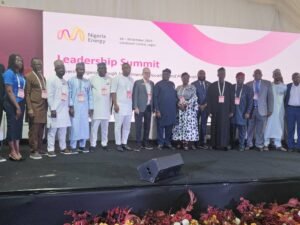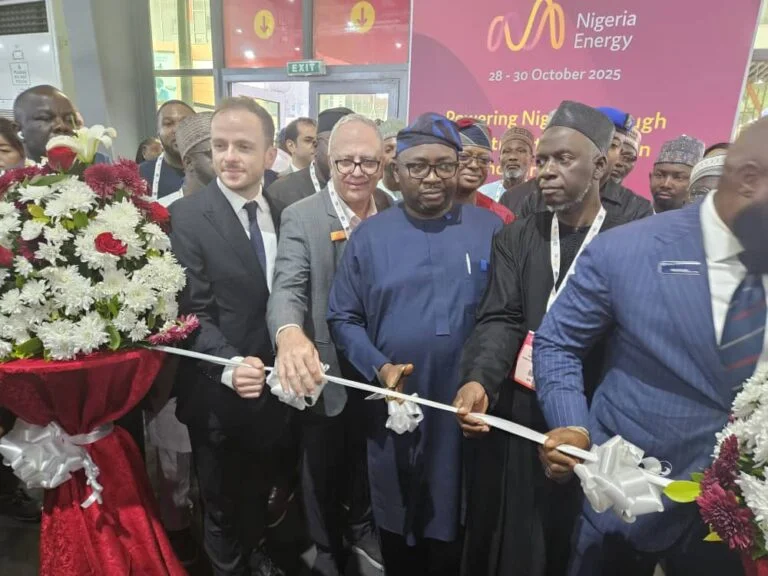Minister of Power, Adebayo Adelabu, says the Federal Government has secured about N700 billion from the Federation Account Allocation Committee (FAAC) to deploy 1.1 million meters nationwide by the end of 2025.
Adelabu said the government would thereafter roll out two million meters annually over the next five years under the Presidential Metering Initiative (PMI).
He disclosed this on Tuesday in Lagos at the 2025 Nigerian Energy Forum (NEF), with the theme “Powering Nigeria through Investment, Innovation, and Partnership”.
According to him, the initiative aims to close Nigeria’s metering gap, improve transparency, and enhance the financial stability of the power sector.
He said the PMI complements the 3.2 million meters being procured through the World Bank’s Distribution Sector Recovery Programme (DISREP), positioning the country to bridge the metering gap within five years.

The minister added that the government was leveraging bilateral funding and development finance to attract private investment and expand electricity access in underserved communities, schools, hospitals, and public institutions.
“In the past two years, more than $2 billion has been mobilised through key programmes, including the World Bank’s DARES, NSIA’s RIPLE, and the JICA fund.
“These interventions are accelerating renewable energy deployment and access to reliable power,” he said.
Adelabu also said new training infrastructure had been commissioned at the National Power Training Institute of Nigeria (NAPTIN) to build technical capacity in the sector.
He revealed that agreements signed at the 2025 Nigerian Renewable Energy Innovation Forum would add nearly four gigawatts of solar manufacturing capacity annually, about 80 per cent of Nigeria’s current generation capacity.
“With this level of renewable energy production, Nigeria is on track to meet its domestic transition targets and serve regional power markets,” he said.
Adelabu said the Electricity Act 2023 had transformed the sector by empowering states to establish subnational electricity markets.
“Fifteen states have received regulatory autonomy, with one fully operational.
“We’re ensuring alignment between wholesale and retail markets,” Adebayo noted.
He maintained that tariff reforms had improved supply reliability, reduced industrial energy costs, and boosted sector revenue from N1 trillion in 2023 to N1.7 trillion in 2024, with projections to exceed N2 trillion by 2025.
The minister added that President Bola Tinubu had approved a N4 trillion bond to settle verified debts owed to generation companies and gas suppliers, alongside a targeted subsidy plan to protect vulnerable consumers.
Adelabu reaffirmed the government’s commitment to partnering with the private sector to unlock stranded generation capacity and build a sustainable power future.
“Through sustained investment, innovation, and strong partnerships, we can power Nigeria’s journey toward a brighter, more resilient energy future,” he said



